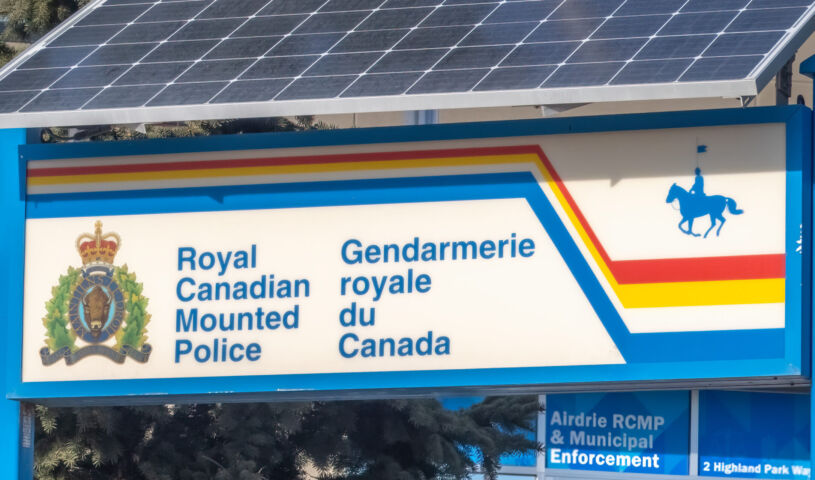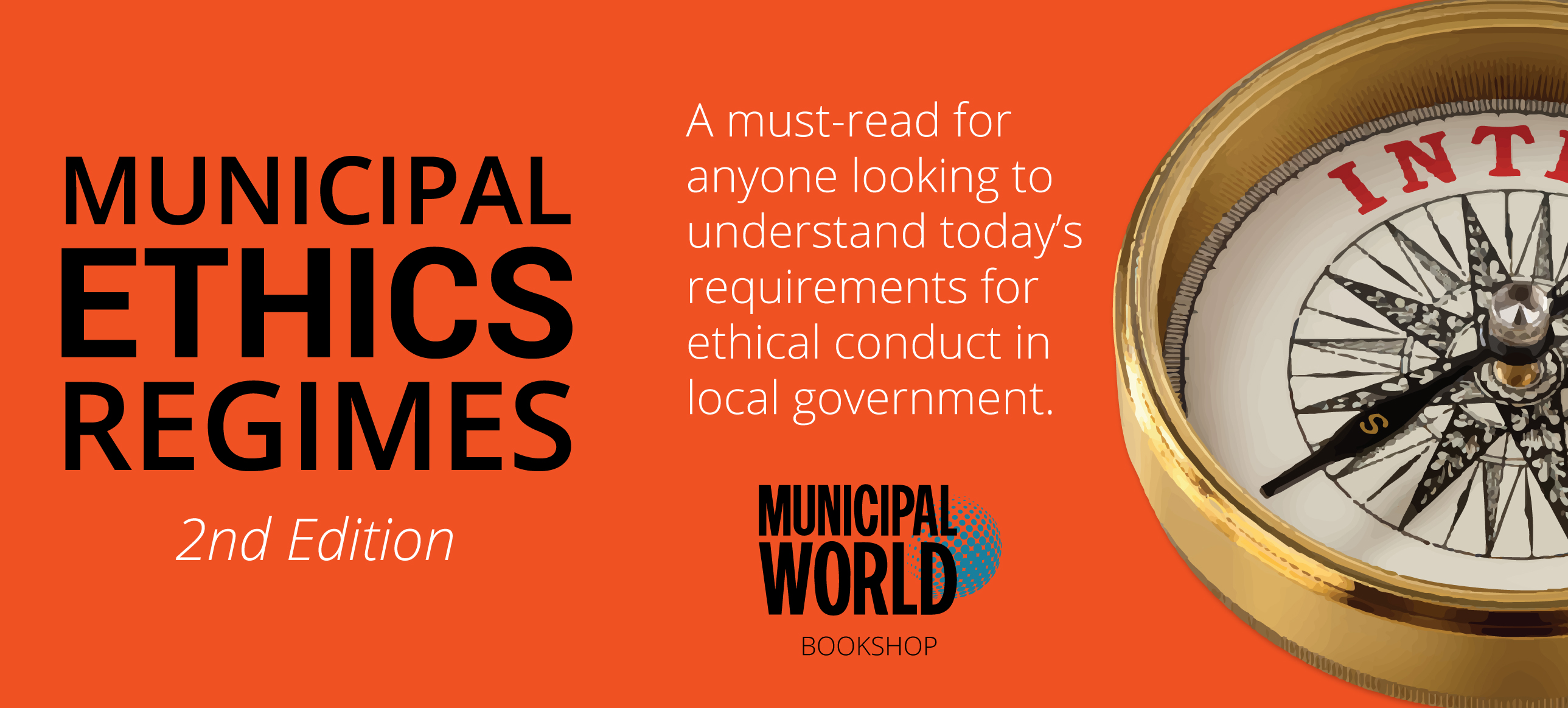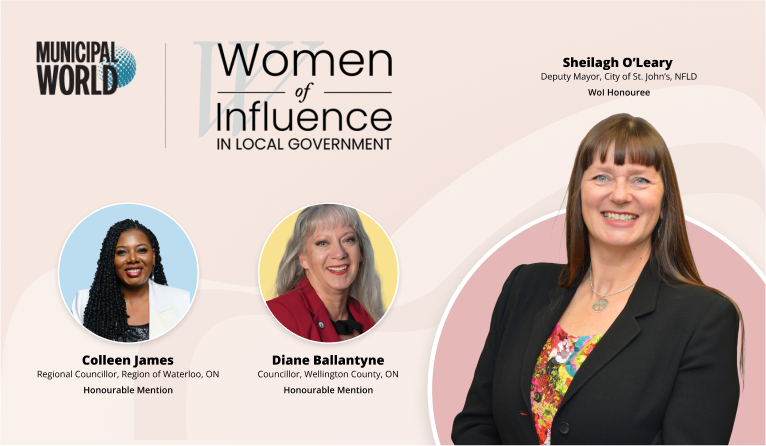Report states RCMP over-policing Indigenous women in Yellowknife
 A recent report has detailed how unhoused Indigenous women in Yellowknife are being “over-policed and under-protected by the RCMP.” Photo: Adobe Stock
A recent report has detailed how unhoused Indigenous women in Yellowknife are being “over-policed and under-protected by the RCMP.” Photo: Adobe Stock
A recent report from the Yellowknife Women’s Society (YKWS) has detailed how unhoused Indigenous women in the city are being “over-policed and under-protected by the RCMP.” The report, released in April, finds that Indigenous women face abuse and assault from officers and are often fearful of seeking help from police.
YKWS brought together Indigenous women in sharing circles where they spoke about their experiences with the RCMP in Yellowknife.
“In our sharing circles, every woman knew an Indigenous person who had experienced some form of abuse from an RCMP officer, and many reported being abused by RCMP themselves,” the report reads. “These experiences included slurs, unnecessary force, and outright violence from RCMP officers.”
Sharing RCMP Experiences
YKWS was established in 1990 to provide support to vulnerable women and families in Yellowknife. The society also runs a street outreach and harm reduction program and provides rooms and emergency shelter to people experiencing homelessness. In recent years it has also expanded to provide supports to vulnerable men in the city.
Women who took part in the sharing circles spoke about the negative experiences they had with RCMP officers.
“I’ve been roughed up by three cops [at once],” one participant said. “I’m not that big, you know? That’s ridiculous … they send five cops to one home and terrorize all the children and parents. But where it’s a real, real, nasty situation? They send one cop. You know? There’s no balance for that.”
Another sharing circle participant said, “Police always assault people, no matter what. Like you phone them for, say, somebody’s trying to break into your house, and they’ll turn around and come and turn it on you.”
Renee Sanderson is the executive director of the Yellowknife Women’s Society. She explained that when police are called, there is often a lack of understanding or compassion in how they deal with Indigenous people.
“When they do call the RCMP they don’t feel like they are being treated with respect or seriously,” Sanderson said. “There’s just a lack of compassion.”
YKWS also found that police are less likely to take unhoused women’s complaints seriously. That leads many to simply avoid contacting police when they need help.
“Some Indigenous women do not reach out for help from law enforcement when they need it because of prior experiences of being dismissed or failed by police,” the report found. “These patterns make it harder to effectively address the significant rates of victimization and violence against unhoused Indigenous women.”
Police Investigating Police
The report highlights how a lack of accountability and independent third-party oversight is making matters worse. The Civilian Review and Complaints Commission (CRCC) is the independent federal agency tasked with overseeing the RCMP. However, a lack of resource means the RCMP is often left to investigate itself. In addition, the CRCC’s recommendations are non-binding and the RCMP does not have to follow them.
Data on public complaints against the RCMP indicates that the force rarely, if ever, substantiates complaints made against officers. Between 2018 and 2023, there were 63 allegations of improper use of force by officers in the RCMP’s Yellowknife division. None of them were substantiated by the RCMP.
“The current system of ‘police investigating police’ for misconduct yields few concrete results, erodes public trust, and drains policing resources needed in the community,” the report states.
Another important issue surrounds RCMP membership. Indigenous people make up around half the population in the Northwest Territories. Yet, the number of Indigenous officers in the RCMP’s Yellowknife detachment is not representative of the city’s population.
Last July, the head of the RCMP in the Northwest Territories, Chief Supt. Syd Lecky, said there were only a handful of Indigenous people in the NWT RCMP. Lecky, who is a member of the Peskotomuhkati Nation, also said recruiting more Indigenous members was a top priority.
“That would be my Number 1,” Lecky told reporters. “If I could make one thing happen today, that would be it.”
Lack of Housing, Social Services
More than 90 per cent of unhoused people in Yellowknife identify as Indigenous, according to 2021 data from the Northwest Territories Bureau of Statistics. Underlying and long-running systemic challenges facing communities in the North are significantly contributing to issues like homelessness.
One of the most direct challenges is the lack of housing. “We don’t have enough affordable housing in Yellowknife and in the North,” Sanderson said.
The report outlines how over-policing is caused in part by a lack of social services and housing. That is driving crises and leading unhoused women to have more encounters with police.
“A high ratio of police officer per community member in Yellowknife, the visibility of being unhoused, and systemic discrimination towards Indigenous people also drive more frequent police interactions,” the report states.
Like many other parts of Canada, Yellowknife and the North are struggling with a chronic lack of affordable housing.
A January report from the Canadian Mortgage and Housing Corporation found that affordability continues to be a concern in Yellowknife. It stated that 28 per cent of families in the city are unable to affordably secure rental housing. In addition, Sanderson said there aren’t enough of the social services people need to support their physical and mental well-being. The Bureau of Statistics also found that 60 per cent of unhoused people had at least one parent who attended a residential school.
“There aren’t enough spaces where they can deal with the traumas they carry,” Sanderson said. “We don’t have any treatment centres here; we don’t have any trauma centres in the North. Those interested in accessing those services are referred to the South.”
More Oversight, Training, Representation
To build trust with unhoused Indigenous women, the report says there must be genuine accountability and real consequences for officers when they engage in misconduct.
The most consistent call from women in the sharing circles was for more Indigenous and culturally competent professionals working in or alongside the RCMP. The report recommends the territorial government establish an expanded Community Safety Officer program to train professionals who can deal with situations police are not equipped to handle. In addition, it recommends mandatory training for police. “RCMP officers should take cultural competency training on Indigenous history and culture that is ongoing, in-person, and community-specific,” it states.
“Those things can be implemented, but they’re not being implemented when they are hiring new people in the North,” Sanderson said. “Yellowknife tends to get a lot of RCMP members who are new, so they don’t really have a lot of experience in dealing with these populations.”
Beyond the RCMP, the report also calls on all orders of government to improve social services and supportive housing to address underlying issues that lead to contact with police.
“The women, service providers, and officials we spoke with painted a clear picture: the lack of co-ordination and service silos are some of the greatest barriers to addressing the root causes of Indigenous homelessness and criminalization in Yellowknife,” the report reads.
A spokesperson for the Northwest Territories RCMP has said they are reviewing the report and welcome recommendations that aim to improve policing. Looking forward, Sanderson hopes that it helps to creating meaningful change in policing.
“My hope for this research report is that it is used as a stepping stone to generate institutional change,” she wrote in the report. “For now, I will continue to pray that our Nations find healing in reconnecting with their culture and find their voice to speak against these injustices.” MW
✯ Municipal World Executive and Essentials Plus Members: You might also be interested in Ibrahim Daair’s article: Defund the police: Three years on, Canadian police budgets continue to rise.
Ibrahim Daair is staff writer at Municipal World.
Related resource materials:



